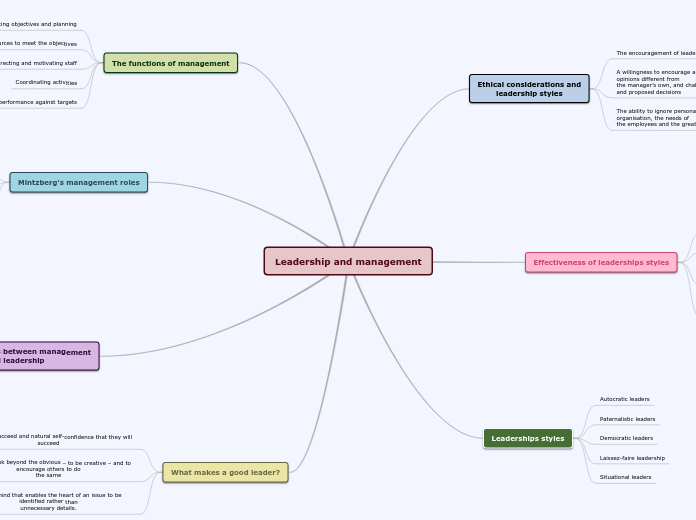da Daniela T. mancano 5 anni
337
Leadership and management
Effective leaders often possess a blend of self-confidence and a strong desire to succeed, coupled with the ability to discern key issues without getting bogged down by extraneous details.

da Daniela T. mancano 5 anni
337

Più simili a questo